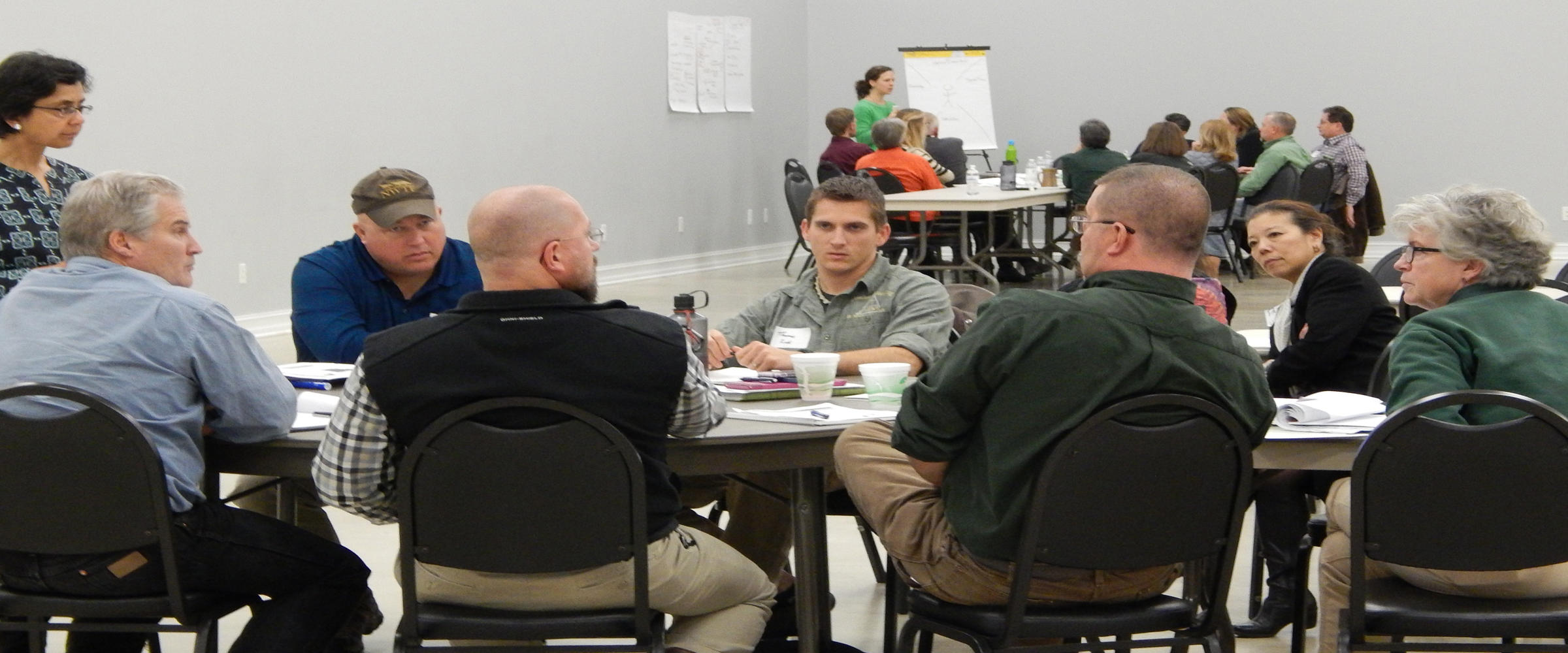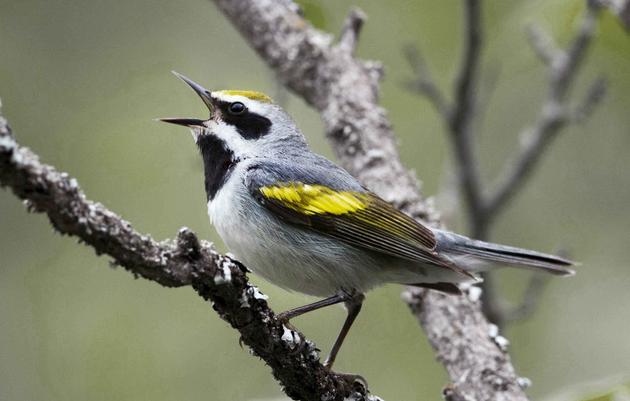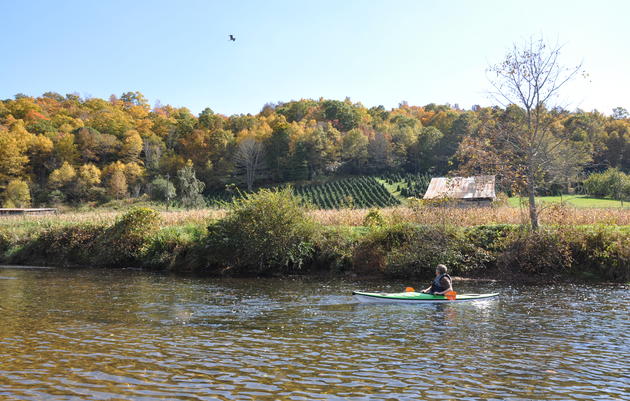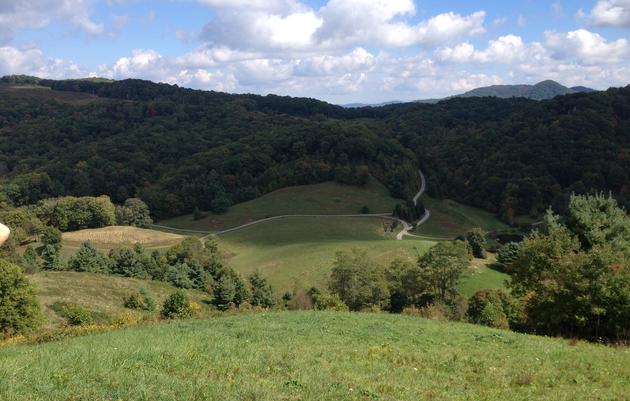Last week, Audubon North Carolina facilitated a two-day workshop with leaders in NC’s natural resources community to discuss strategies to better connect with private forestland owners. The workshop was born from Yale University’s Sustaining Family Forests Initiative, an esteemed program awarded to a limited number of organizations to bring state-specific landowner data together with targeted marketing techniques in order to make private land outreach more effective. Audubon’s emerging involvement in North Carolina’s forest management is helping elevate bird conservation in program planning discussions.
Sustainable forest management is particularly important for Audubon’s Working Lands Initiatives. Our focus on Eastern Priority Forest blocks in NC helps to protect habitat for the interior forest dwelling birds. While many birdwatchers readily observe birds breeding and wintering in hardwood stands, we are increasingly aware how important large tracts of hardwood forests are for migrating songbirds, too.
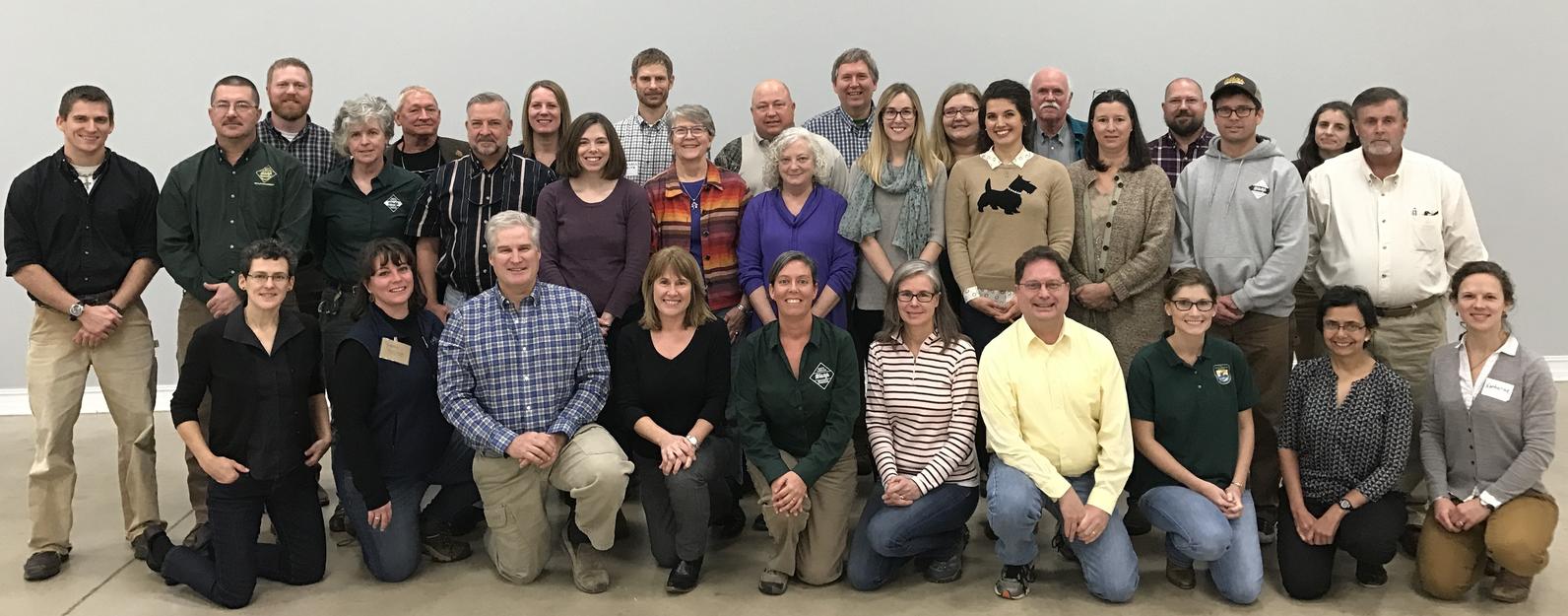
Audubon NC is now leading our state’s Forest Landbird Legacy Program with partners from the US Fish and Wildlife Service, NC Wildlife Resources Commission, Natural Resources Conservation Service and the NC Forest Service. We seek to strengthen the bird component of forest management in the state by providing technical and financial assistance to land managers and landowners who wish to take concrete actions to steward bird habitat as a part of their family’s forest legacy.
We are grateful to the town of Troy, NC for hosting the aforementioned workshop. The area around Troy, NC is a focal area for the Forest Landbird Legacy Program, an initiative to improve and recognize 50+ year old hardwood stands that are 50 acres or more. Cost-share is available to help manage your forest for songbirds. For more information, please contact Aimee Tomcho at Audubon North Carolina (atomcho@audubon.org, 828-419-0890).
We appreciated the use of First Bank’s James Garner Center with facilitation by Mr. Jackie Morris. We enjoyed meals provided by Jordan’s Catering facilitated by Mr. Lamar Pusser. Logistics were planned with the help of Audubon NC, US Fish and Wildlife Service (Laura Fogo) and NC Wildlife Resources Commission (Kacy Cook).

